I, along with another member of my household, suffer severe motion sickness. So, of course, I bought a boat. Drugs can combat this condition, but come with a host of side effects, ranging from drowsiness to psychosis. "You've got that look in your eye again, skipper..."
While researching other remedies, I came upon this NASA report on using stroboscopic vision to reduce motion sickness. The report indicates that the stroboscopic effect can be produced through lighting or LCD shutter glasses. I happened to have a few pair of LCD glasses from a previous project, so I figured I'd give this a try. They're not the most fashionable pair of goggles you can imagine, but if this works, there's no reason an attractive version couldn't be made.
The paper states that flash rates of 4 or 8 Hz with "short dwell times" were found to be effective. Driving LCD glasses is relatively easy: you just apply an AC waveform to activate (darken) the shutter(s), taking care to eliminate any DC bias which can damage the elements. For something this simple, there's no need for an actual LCD driver, bit-banged IO on a tiny microcontroller will work just as well. You can probably find smaller or cheaper solutions, but I have a stash of PIC12LF1571's around which will do nicely for now. Powered from a coin cell or cylindrical LiMnO2 cell, the battery lifetime should be very good.
EDIT: I just found that these are already a thing! But, at $123/pair, there's room for a hacker's version that should cost a small fraction of this.
So, the next step is to hack together some code that will flash the glasses at 4 or 8 Hz and around a 90% duty cycle (10% clear). Then see how it works. A ride in the back of the car will tell me very quickly if it works.
This project is being released under an MIT license, and the design files for the initial prototype PCB is available in GitHub.
 Ted Yapo
Ted Yapo
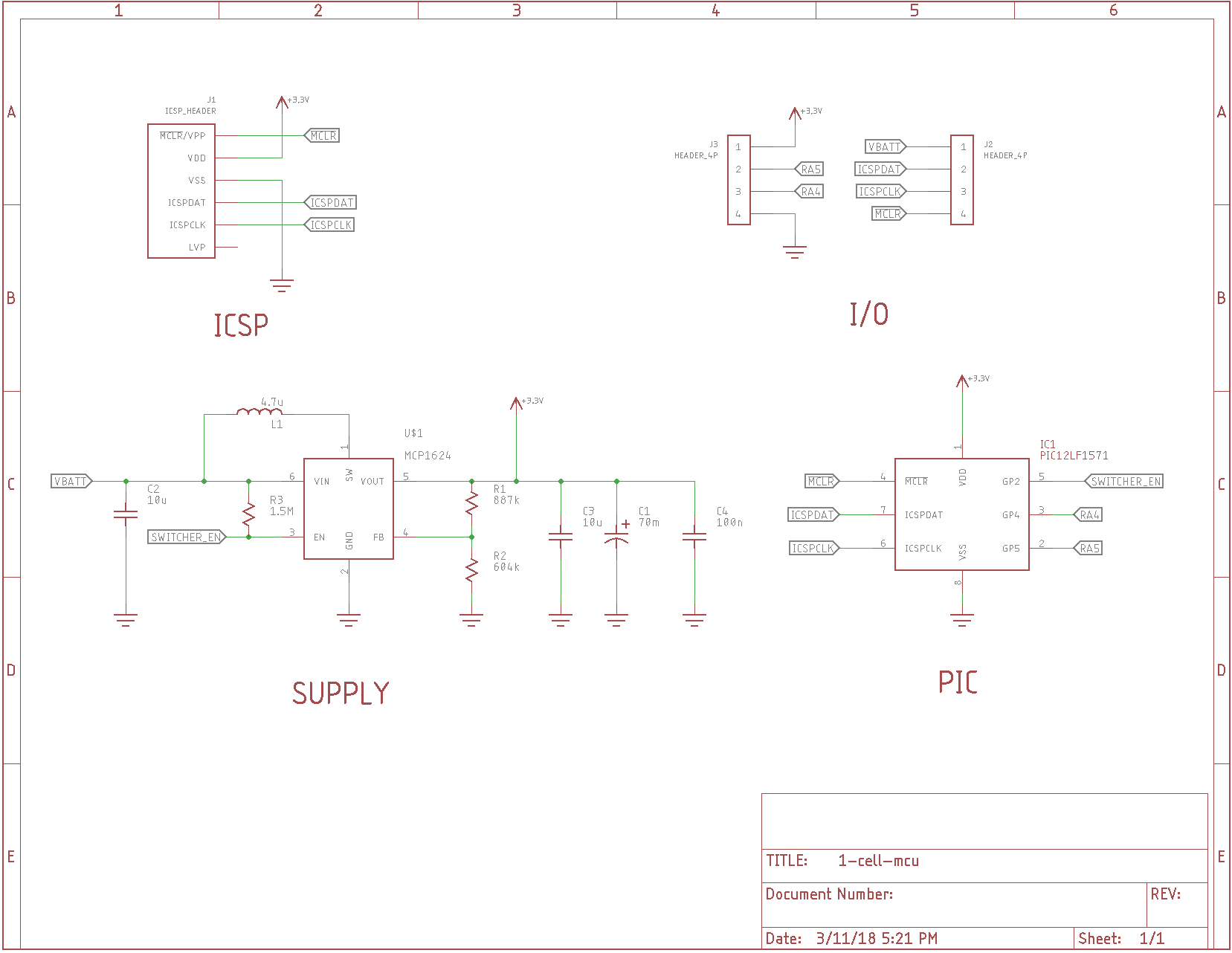
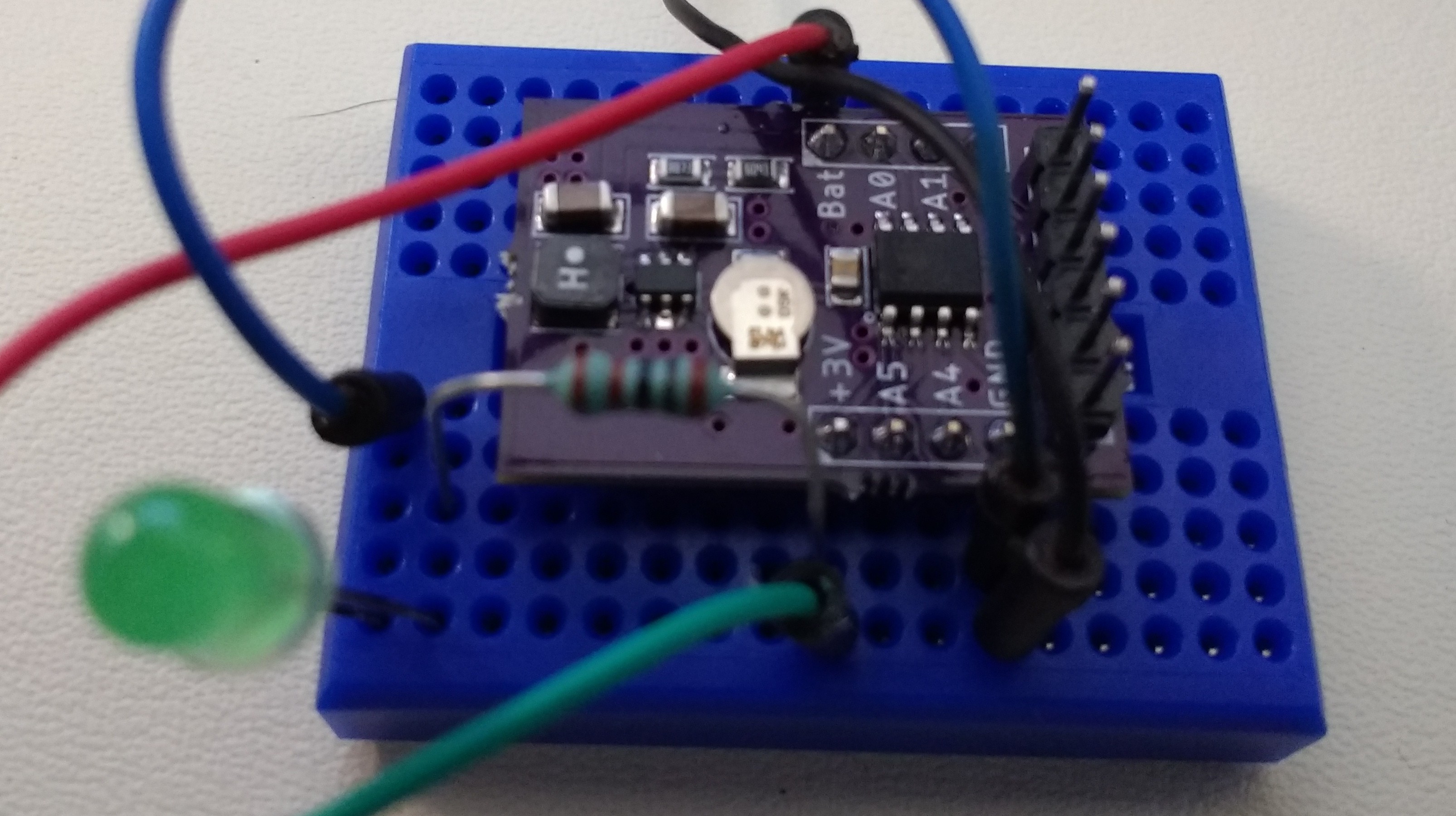


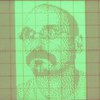
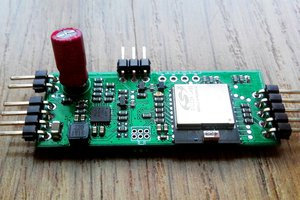
 Jurist
Jurist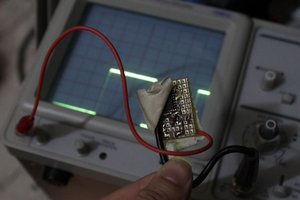
 Yann Guidon / YGDES
Yann Guidon / YGDES
 Radiolaria Lab
Radiolaria Lab
"So, of course, I bought a boat" XD
+1 just for that.
My understanding of motion sickness is that signals from your eyes dont match those from your inner ear and some people cannot deal with the conflicting signals. Your brain actually does lots of things with the information from your eyes besides figuring out what its looking at, taking in information from your entire field of vision. Horizons and relative motion are key in this. When walking, your nervous system is tuned into it, but travelling in a vehicle is an 'unnatural' motion like falling and triggers undesirable autonomic responses from fight-and-flight which your conscious mind tries to override.
That constant struggle between your neural networks is what upsets your brain and makes you ill.
That is an interesting way of getting round it, I think what it does is interfere with the horizon and motion tracking on a subconscious level, preventing them from giving conflicting signals. Motion is interpreted as short bursts rather than long slow movements, which doesnt appear to cause motion sickness.
I get a migraine and hurl if I try and read in a car, but if I look out of the windows I'm fine for hours. Its the vision thats important, it has to be moving with the car and only takes a few minutes to wipe me out...
Dont ask me to navigate or you'll be turning left at the next carrot chunk. XD